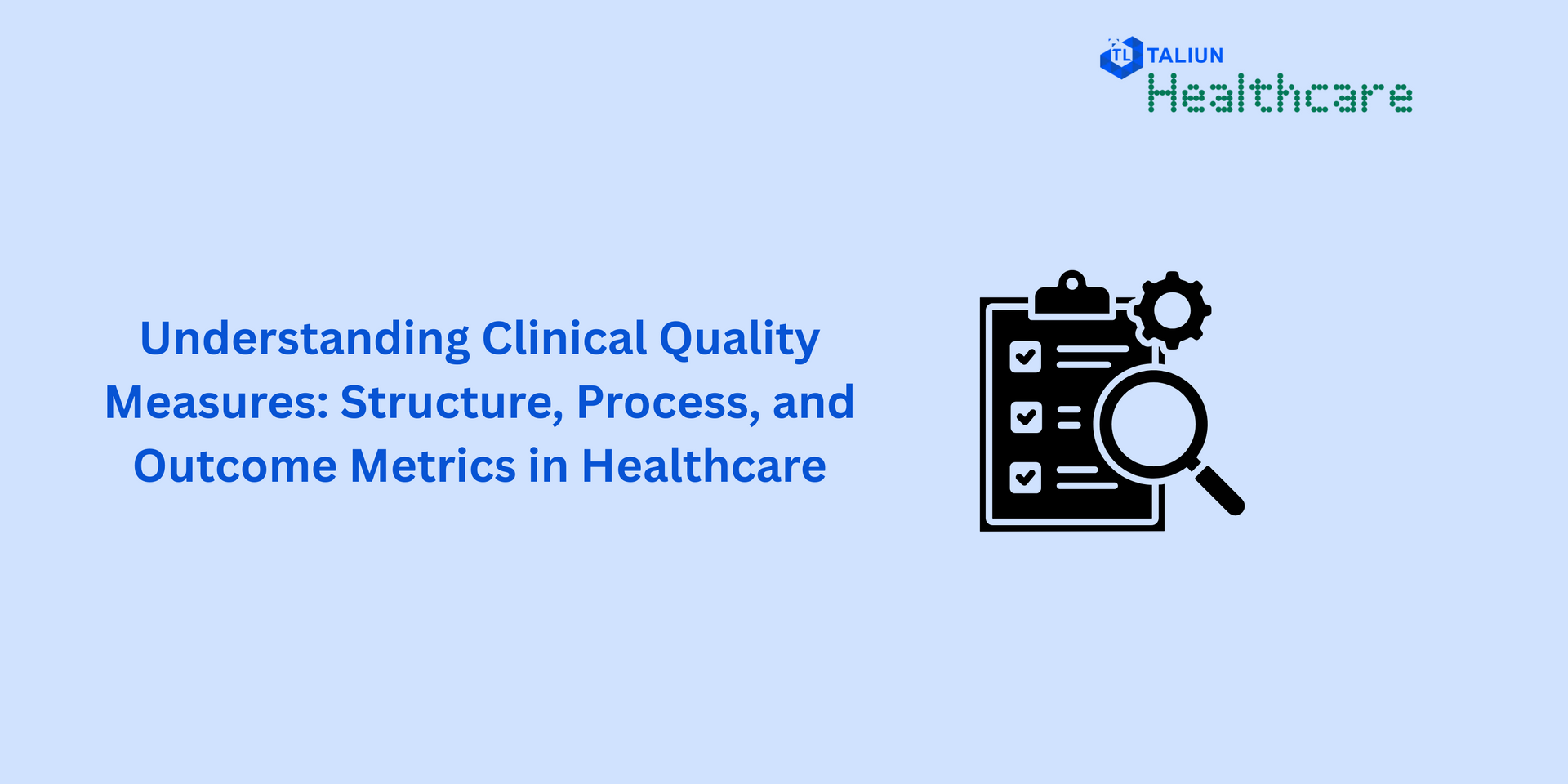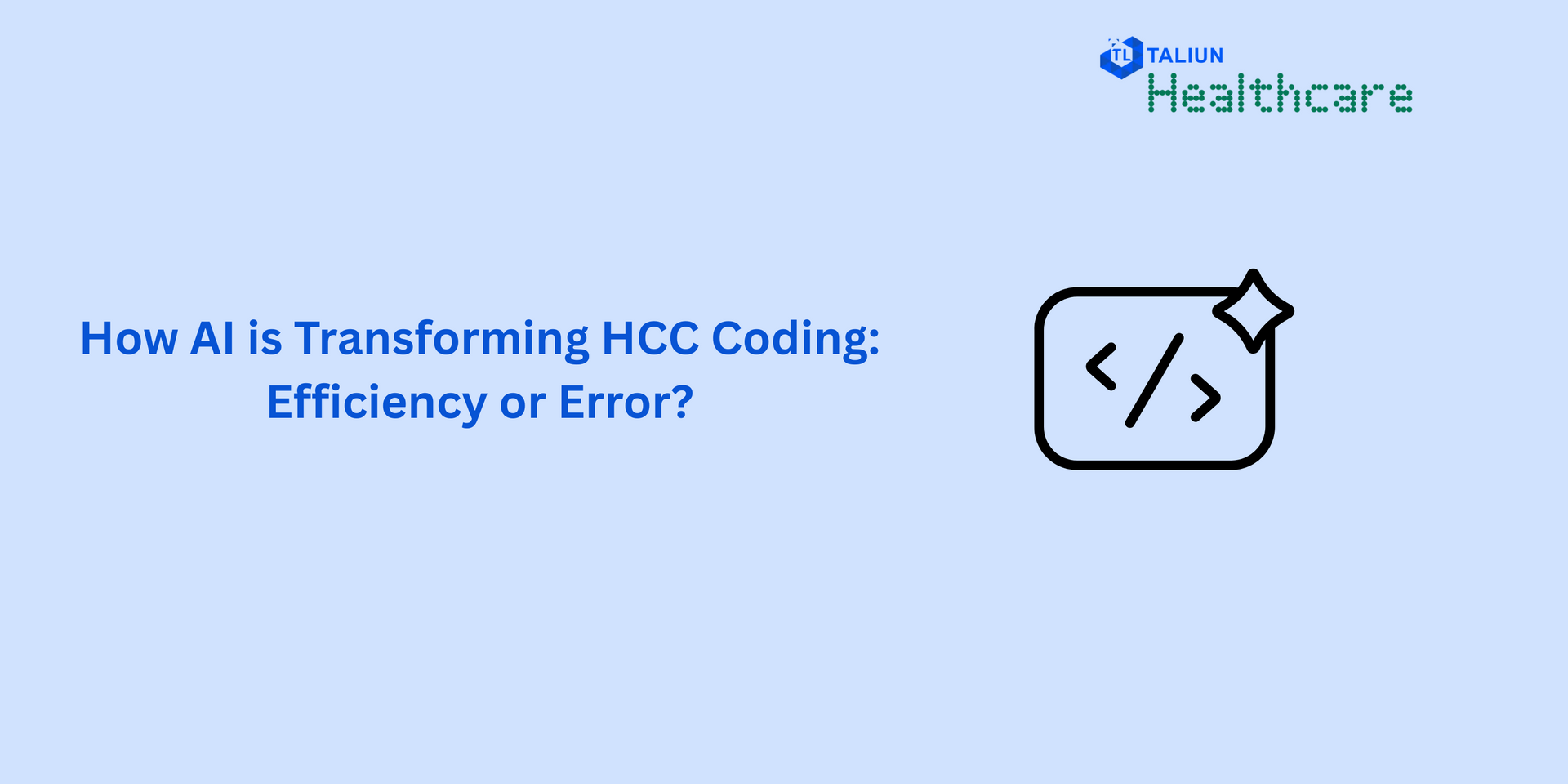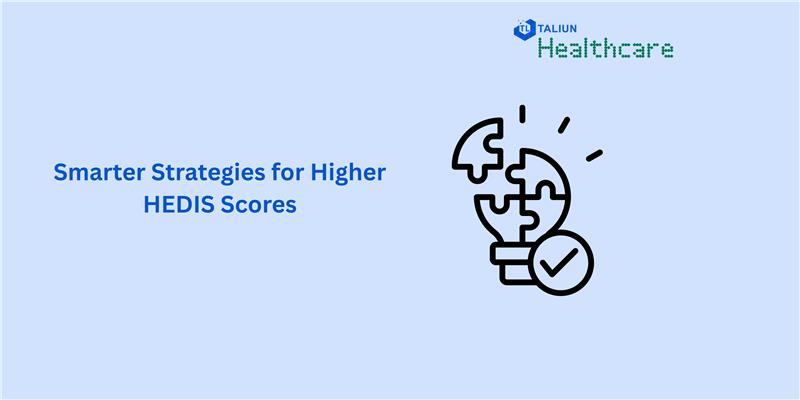Building Value-Based Care Solutions with Microsoft Fabric: Embracing the Data and AI Stack, Power BI, and Power Platform

In the healthcare industry, value-based care is gaining significant traction as organizations aim to improve patient outcomes while controlling costs. To achieve this, healthcare providers are turning to innovative technologies that leverage the power of data, AI, and analytics.
In this blog, we explore how Microsoft Fabric, combined with the comprehensive Data and AI stack, Power BI, and Power Platform, empowers healthcare organizations to build robust and scalable value-based care solutions. From data visualization to process automation, Microsoft Fabric, Power BI, and Power Platform offer a transformative ecosystem that enables healthcare providers to deliver high-quality, cost-effective care.
1. Microsoft Fabric: Empowering Value-Based Care:
Microsoft Fabric is a powerful platform that provides healthcare organizations with a foundation for building value-based care solutions. With its flexible architecture and scalable infrastructure, Microsoft Fabric enables seamless integration of disparate healthcare systems, allowing providers to aggregate and analyze patient data from various sources. This unified view of patient information helps healthcare professionals make more informed decisions, optimize care pathways, and deliver personalized treatments. Microsoft Fabric's secure and compliant environment ensures data privacy and regulatory compliance, instilling confidence in patients and providers alike.
2. Harnessing the Data and AI Stack:
The Microsoft Data and AI Stack, including Azure Data Lake, Azure SQL Database, Azure Databricks, Azure Machine Learning, and Azure Cognitive Services, plays a crucial role in enabling data-driven value-based care. With Azure Data Lake and Azure SQL Database, healthcare organizations can securely store and manage patient data, ensuring quick and reliable access to information. Azure Databricks enables advanced analytics and data processing, facilitating insights and predictions. Azure Machine Learning empowers healthcare providers to build and deploy machine learning models, driving predictive analytics and risk stratification. Azure Cognitive Services offers pre-built AI models for natural language processing, image recognition, and sentiment analysis, enabling deeper insights and understanding of patient data. The Data and AI Stack provides the foundation for data-driven decision-making and advanced analytics in value-based care.
3. Data Visualization and Process Automation with Power BI and Power Platform:
In addition to the Data and AI Stack, Microsoft's Power BI and Power Platform bring valuable capabilities to healthcare organizations. Power BI is a business intelligence tool that enables healthcare providers to visualize and analyze data in intuitive dashboards and reports. With Power BI, organizations can gain insights into patient populations, clinical outcomes, financial performance, and more, empowering data-driven decision-making at all levels of the organization. Power Platform, consisting of Power Apps, Power Automate, and Power Virtual Agents, allows healthcare providers to build custom applications, automate processes, and create intelligent chatbots. Power Platform enables healthcare organizations to streamline workflows, automate administrative tasks, and enhance patient engagement through personalized digital experiences.
Conclusion:
Building value-based care solutions requires a robust technology ecosystem that integrates data, AI, analytics, and process automation. Microsoft Fabric, combined with the comprehensive Data and AI Stack, Power BI, and Power Platform, offers healthcare organizations the tools they need to transform care delivery. By leveraging Microsoft Fabric's flexible architecture, healthcare providers can aggregate and analyze patient data efficiently. The Data and AI Stack provides advanced analytics, insights, and AI capabilities for data-driven decision-making. Power BI enables data visualization and analytics, while Power Platform empowers healthcare organizations to automate processes and create custom applications. With Microsoft Fabric, Power BI, and Power Platform, healthcare providers can drive better patient outcomes, enhance efficiency, and deliver high-quality, cost-effective care in the value-based care landscape.




